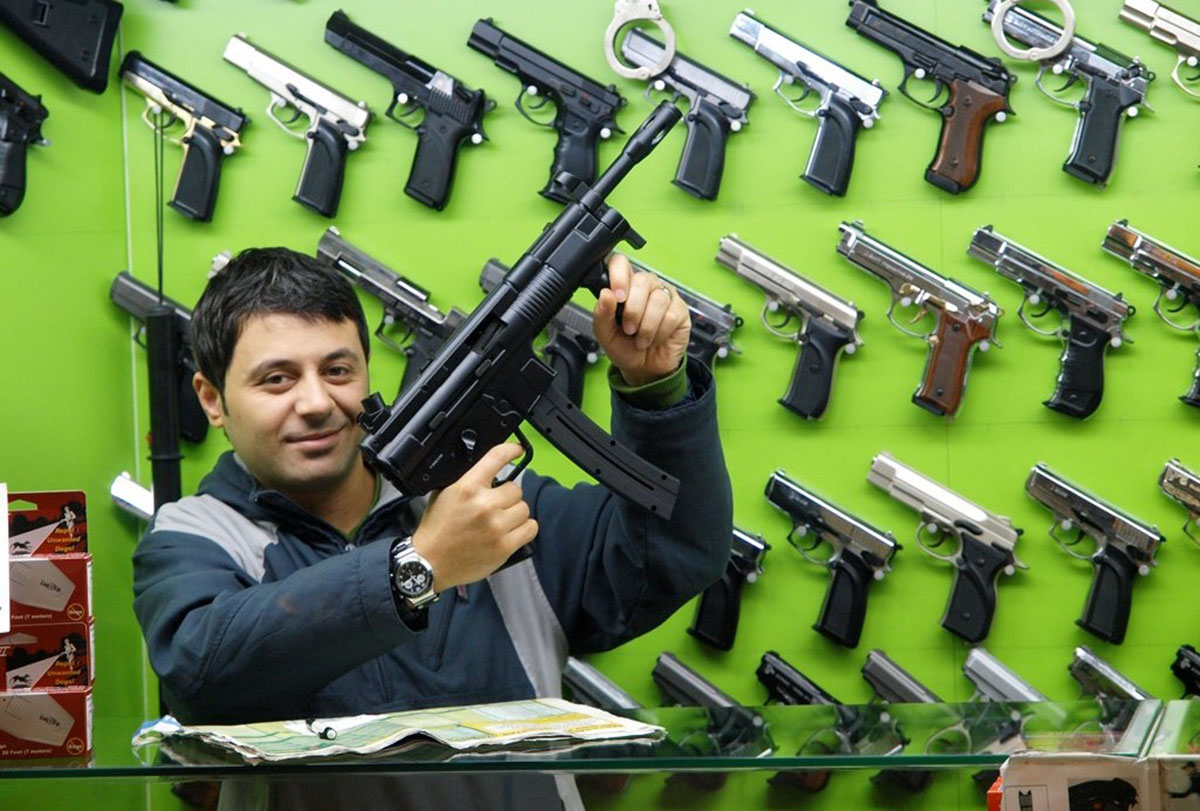Table of Contents
Blame Rodger?
Though Elliot Rodger was a troubled young man with many problems — not least of which was his deeply routed misogyny — we can't entirely blame him, either. Yes, he wrote some deeply disturbing things on the internet. He was in similar company on the "PuaHate" website, a place where twisted sexists came together. Many called themselves "incels"; short for "involuntary celibate". Those words are worth repeating.

In November, Rodger wrote that he wanted to “overthrow this oppressive feminist system” and create a “world where WOMEN FEAR YOU.” He frequently talked about an "incel revolution" against women and feminism. Just hours before he killed six people, Rodgers posted a video on YouTube. He said" "If I can’t have you, girls, I will destroy you".
We Are All To Blame
Who should we blame, then, if we can't blame The Hunger Games, the killer's autism, his parents, or even him? We, as a society, are to blame for what happened. A culture that still values women less than it values men is to blame; a culture in which victims of rape and sexual abuse are still afraid to report what happened, because they might not be believed and could be blamed even when they are believed. Films can be blamed, but not The Hunger Games. Films that give young men they idea that "no" means "be more persistent" can be blamed.
There are more guns than people in the US today. Gun laws can be blamed, but changing them now will not completely solve the problem. Society's attitude towards mental health problems is another important part of the puzzle. When someone writes what Rodger did, isn't it painfully obvious that professional follow-up is required? When the loved-ones of someone struggling with depression, suicidal thoughts, or murderous thoughts report the problem to the police or medical professionals, shouldn't we make sure a mechanism to help people is in place — one that actually makes a difference?
You, too, share part of the blame if you felt the same way. Until we take mental health problems seriously and truly start to think about ways to end the phenomenon of mass shootings, we all remain guilty. Richard Martinez was right: this isn't normal and we don't have to live like this. Perhaps we're all becoming slightly mentally ill when we allow ourselves to accept this violence instead of remembering that killing other humans is utterly shocking.
More than dealing adequately with the mental health problems that troubled youngsters like Rodgers are already facing, we need to take a step back and ask what kind of society creates people like this. Are mass killings committed by young people a political problem, or a health problem? If you agree that we're at least partially dealing with a health problem, you'll agree that we need to think of ways in which we can address this situation.
See Also: Suicide Among Teenagers: Prevention Is Contagious
People who might have been different if they had lived in a world where people connect with each other, where they receive help for their mental health problems instead of being isolated. We can all contribute to that world. Next time, instead of ignoring someone displaying signs of depression or aggression, we can report it. Next time, instead of being too busy dealing with our own problems, we can ask ourselves how we can help others.
- Photo courtesy of M Glasgow by Flickr : www.flickr.com/photos/glasgows/432945997
- Photo courtesy of Pål Joakim Olsen by Flickr : www.flickr.com/photos/paljoakim/3346942587


Your thoughts on this